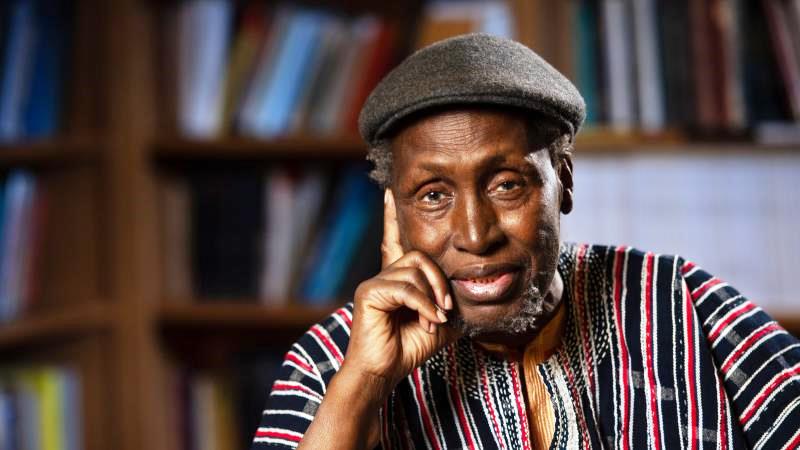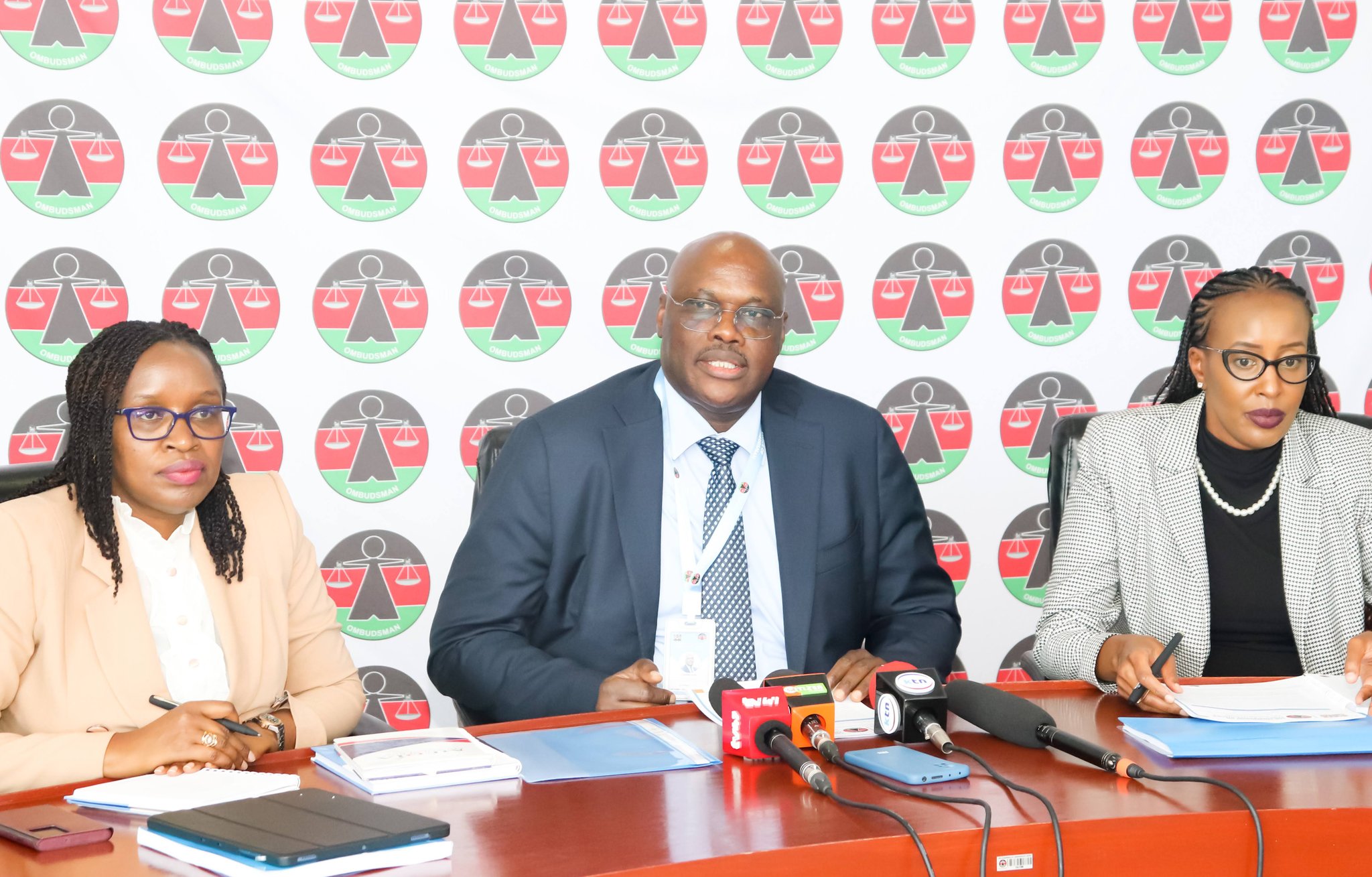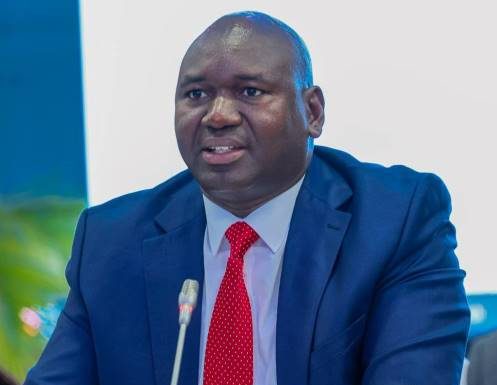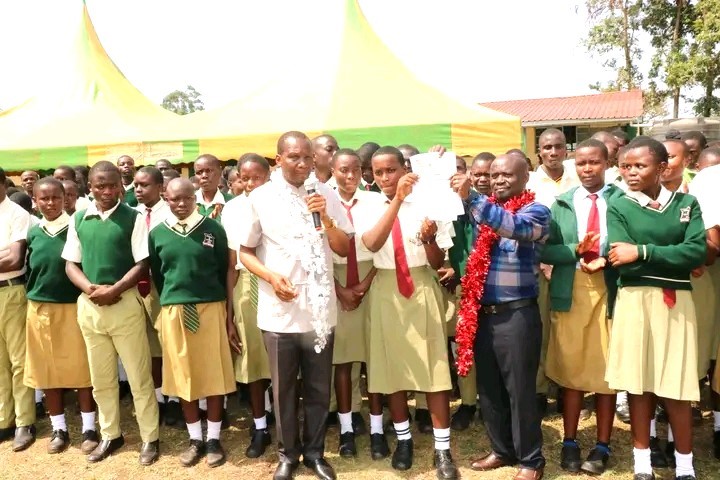To speak of becoming the next Ngũgĩ wa Thiong’o is to speak of walking in the footprints of a giant. Ngũgĩ is not merely a novelist, playwright, or essayist. He is a voice of conscience, a cultural warrior, and an intellectual revolutionary whose pen has unsettled empires and given power back to the marginalized. To aspire toward his legacy is not to imitate him, but to embody the essence of what he stood for: truth, courage, cultural reclamation, and the belief in literature as a tool of liberation.
Ngũgĩ wa Thiong’o’s story teaches us that great writers do not emerge in isolation. They are products of their time, shaped by the histories, injustices, and hopes of their people. Born during the colonial period, Ngũgĩ witnessed firsthand the violence of dispossession, the silencing of languages, and the humiliation of cultural erasure. His writing became a response to this environment—an act of defiance and memory. Works such as A Grain of Wheat, Petals of Blood, and Decolonising the Mind are not just artistic creations; they are political manifestos in narrative form.
To become the next Ngũgĩ wa Thiong’o is therefore to embrace writing not as a pastime, but as an act of resistance. Literature becomes a mirror to society, but also a hammer with which to shape it. A true writer in Ngũgĩ’s tradition asks uncomfortable questions: Who benefits from inequality? Who is silenced by structures of power? What does freedom mean in the postcolonial world? Writing then becomes more than ink on paper—it becomes a torch that lights the way forward.
One of Ngũgĩ’s most radical choices was his decision to abandon English, the language of the colonizer, and write in Gikuyu. For him, this was not merely linguistic preference, but political resistance. Language is never neutral; it carries culture, memory, and worldview. By reclaiming Gikuyu, Ngũgĩ insisted that African stories must be told in African tongues, free from the distortions of colonial mediation. This bold step reminds us that to become the next Ngũgĩ wa Thiong’o, we must value our languages, proverbs, songs, and oral traditions. Even when we write in English, let it carry the rhythm of African speech, the imagery of our environment, and the wisdom of our ancestors.
But Ngũgĩ’s journey was not without cost. His play Ngaahika Ndeenda (I Will Marry When I Want), co-written with Ngũgĩ wa Mĩriĩ, was so politically explosive that it led to his imprisonment in 1977. Yet instead of silence, prison birthed more writing. Armed with nothing but prison-issue toilet paper, Ngũgĩ produced Caitaani Mutharaba-Ini (Devil on the Cross), the first modern novel in Gikuyu. His story is proof that true writers cannot be silenced by prison bars, censorship, or exile. If one is to walk in his footsteps, one must be prepared to pay the price of truth. Literature that comforts the powerful is easy, but literature that unsettles them is costly.
Still, to become the next Ngũgĩ wa Thiong’o is not simply about political resistance. It is also about a deep love for humanity and a belief in the transformative power of education. Ngũgĩ has always seen literature as a way of restoring dignity to the oppressed. He believes that stories can heal broken spirits, rebuild communities, and inspire future generations to dream beyond the limits imposed on them. His activism extends beyond books into mentorship, community theatre, and global advocacy for African writers. To continue his legacy, one must see writing as a form of service—not just self-expression, but a contribution to the collective good.
READ ALSO:
Gen Z shocks Kenyans by selling ordinary sufuria for Shs. 259,000
Equally important is Ngũgĩ’s ability to be both local and global. His works are deeply rooted in the soil of Kenya, yet they speak to audiences in Nigeria, South Africa, the Caribbean, and even Asia and Latin America. He proves that the more grounded a writer is in their community, the more universal their message becomes. For an emerging writer, this is a call to stop imitating the West and start writing authentically from the African condition. The struggles of the Kenyan peasant farmer, the Nairobi hustler, the displaced refugee, or the forgotten child in the village classroom can speak to readers anywhere in the world if told with truth and artistry.
Becoming the next Ngũgĩ wa Thiong’o also means redefining success. Awards, sales, and fame are secondary to the deeper mission of a writer. Ngũgĩ’s greatness does not lie in international recognition, but in his unwavering commitment to decolonizing the mind and empowering the marginalized. He has shown that the true measure of a writer is not applause, but impact. Did your story awaken someone’s consciousness? Did your play give courage to the voiceless? Did your essay dismantle the myths of oppression? That is the yardstick.
In the end, becoming the next Ngũgĩ wa Thiong’o is not about repeating his words, but about extending his vision. It is about carrying the torch of cultural liberation into the twenty-first century. The colonial project may have shifted shapes, but it still exists—through economic exploitation, cultural imperialism, and digital colonization. Writers today must rise to the challenge of confronting these new forms of oppression. They must blend the wisdom of tradition with the urgency of the present, telling stories that reimagine Africa not as a continent of crisis, but as a continent of possibilities.
Ngũgĩ himself has often reminded us that “a writer is the memory of a people.” To become the next Ngũgĩ wa Thiong’o is to accept this sacred responsibility – to guard memory, to challenge erasure, and to speak boldly even when silence is safer. It is to believe, like him, that literature is not a luxury, but a necessity for freedom.
The world may never see another Ngũgĩ wa Thiong’o in the exact mold. But it does not need another Ngũgĩ—it needs new voices who carry his spirit, adapted to new times. Perhaps the real challenge is not to become the next Ngũgĩ, but to become the first version of yourself who, like him, writes with courage, truth, and love for humanity. That is how his legacy will live on, not in imitation but in continuation.
By Ashford Kimani
Ashford teaches English and Literature in Gatundu North Sub-county and serves as Dean of Studies.
You can also follow our social media pages on Twitter: Education News KE and Facebook: Education News Newspaper for timely updates.
>>> Click here to stay up-to-date with trending regional stories
>>> Click here to read more informed opinions on the country’s education landscape
>>> Click here to stay ahead with the latest national news.






